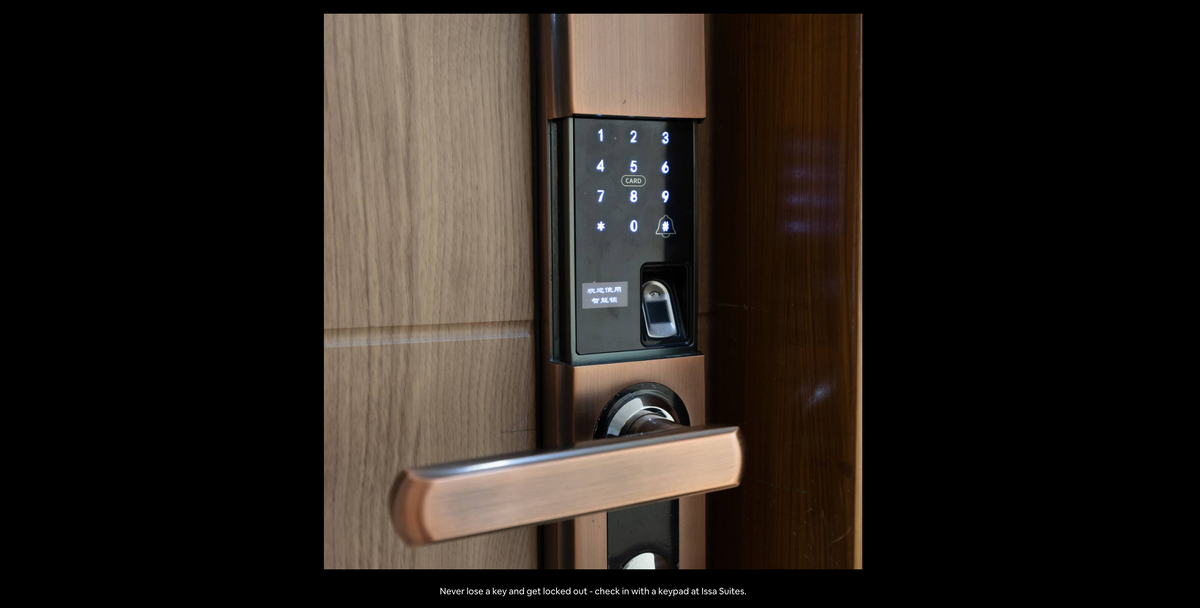Thinking of Getting a Smart Lock for Your Airbnb? Here’s What I Learned the Hard Way

I thought getting a smart lock would make Airbnb hosting easier. It did, but not in the way I expected.
When I first listed our home, I wanted to avoid the hassle of key exchanges, lost keys, and the risk of theft. So the first big purchase (around P8,000) I made was a door lock with a passcode. I was sure it would help me a lot. I just didn’t know which type would actually make hosting easier.
The door lock I bought required guests to enter a passcode instead of a key (a win). It's marketed as a "smart" lock, but it’s really just a "keypad" lock ("smart" in name only). I was sold on its hotel-style design, the free installation, and the promise of reliable support (it was sold by a friend, so if trouble knocked, I knew exactly who to call).
It worked fine at first. I could create custom codes for guests: easy to remember, no phone needed, and no lost keys (and emergency calls in the middle of the night).
But soon, I noticed an issue with it: every new guest meant manually adding and deleting codes. No remote access, no automation.
What I thought would free me up actually added one more thing to my to-do list.
I was able to delegate cleaning, but not the door passcode changes: those still need my attention every single time.
To make it manageable, I decided to create a simple system:
I set aside a few reusable codes and rotated them each week. It wasn’t perfect, but it kept check-ins running smoothly until I found better tech.
Thankfully, I live just a few steps away from the unit, so I can easily change codes and replace batteries. Still, it was stressful.
In my first year as a host, I never took a vacation longer than three days, and the one time I did, it cost me my first and "only" 4-star review. I was constantly worried the lock might fail during a guest’s check-in, and that kind of problem can easily lead to bad reviews. (Surprise: it's not the only one that does).
Host Tip: Track how long your lock’s batteries last and set a reminder in your hosting calendar. Keep spare batteries in a labeled drawer (in my case, an envelope) inside your unit. It helps both you and your cleaner act fast when power runs out.
Despite the downsides, the keypad lock has been a big help, especially for late-night check-ins and avoiding lost keys.
But what truly made me switch from a key to a keypad was the danger of duplicated keys.
When you hand over a physical key, you never really know if it’s going to be the only one. I’ve heard stories of guests, especially long-term locals, getting duplicates made and coming back uninvited weeks later. Imagine realizing someone still has access to your unit after checkout. That thought alone was enough for me to ditch traditional keys completely.
If I could start over, I’d invest in a Wi-Fi or Bluetooth smart lock that creates unique codes for each guest and deletes them automatically. No key, no duplication, no wondering who still has access. It’s on my next upgrade list.
What’s your door lock story?
